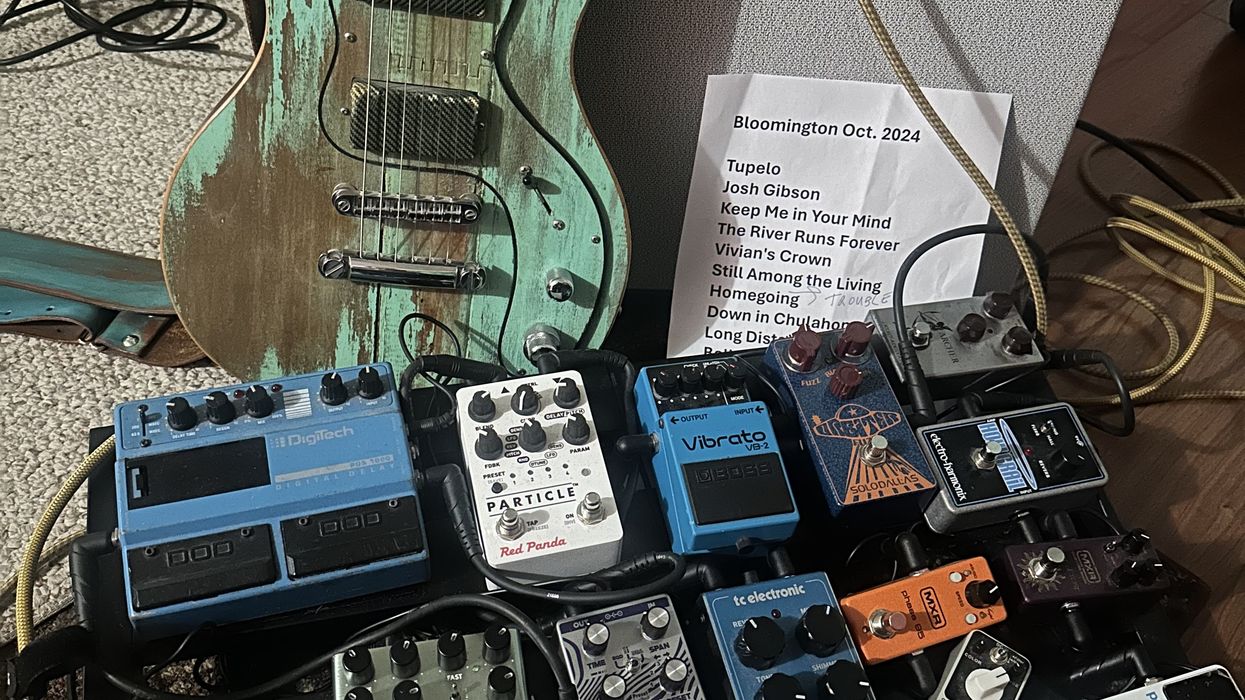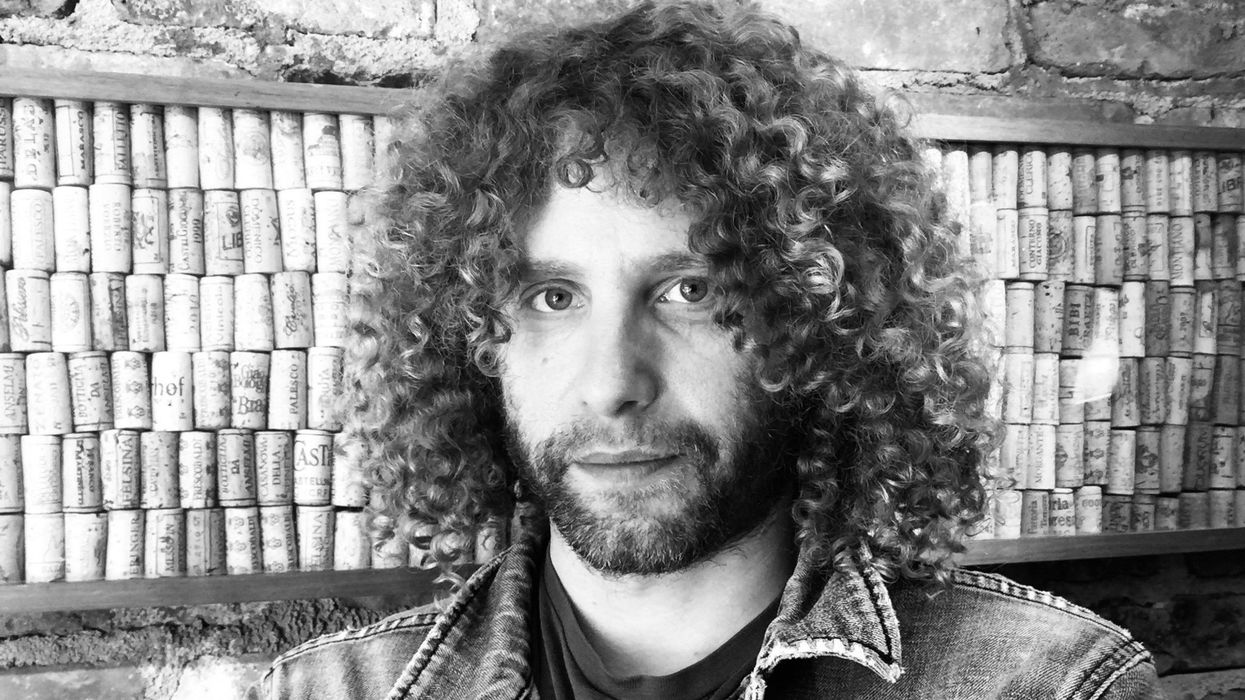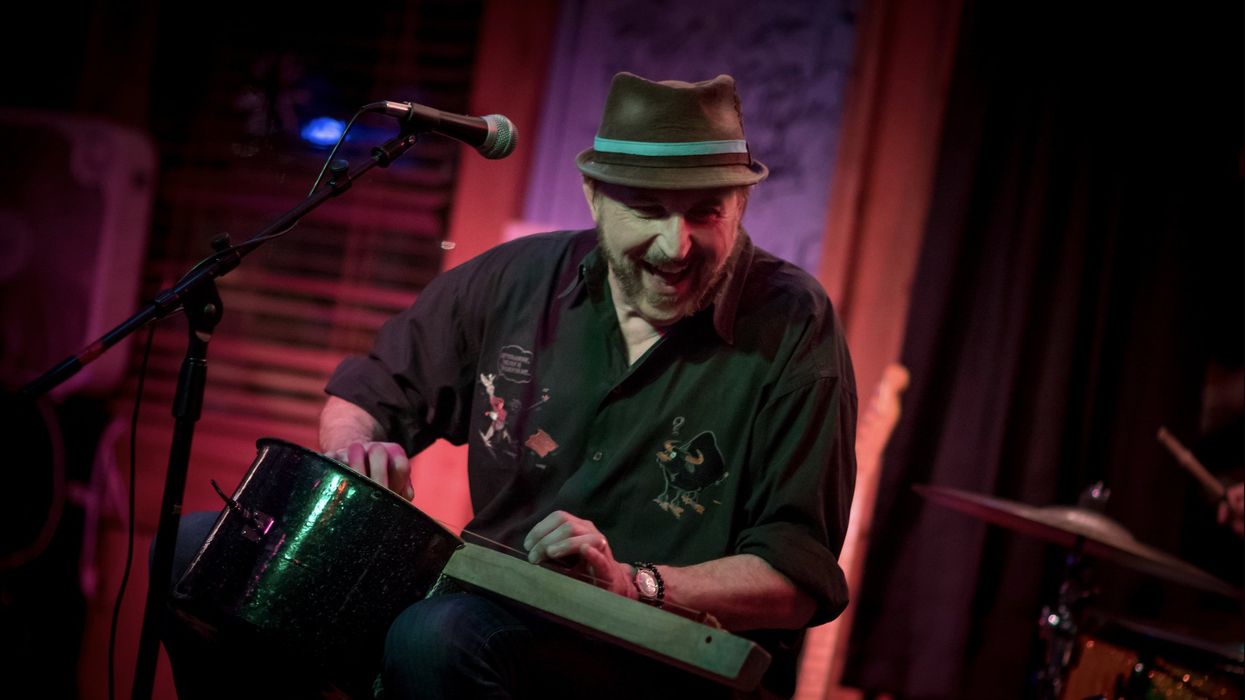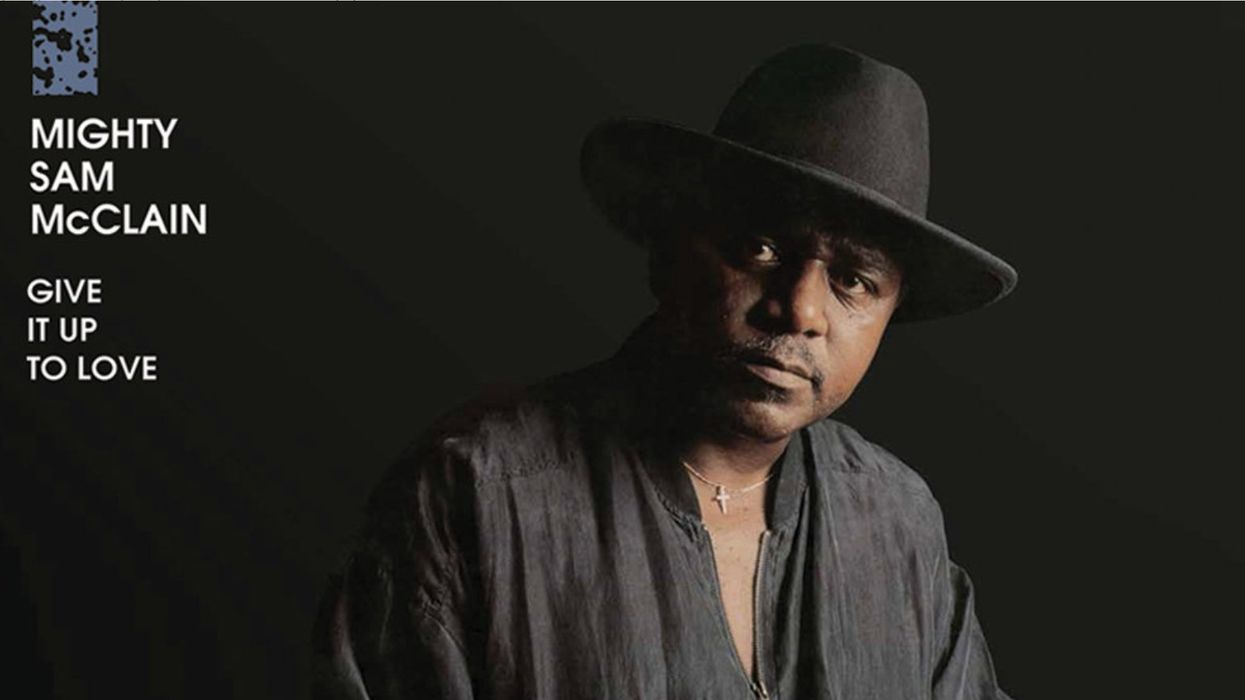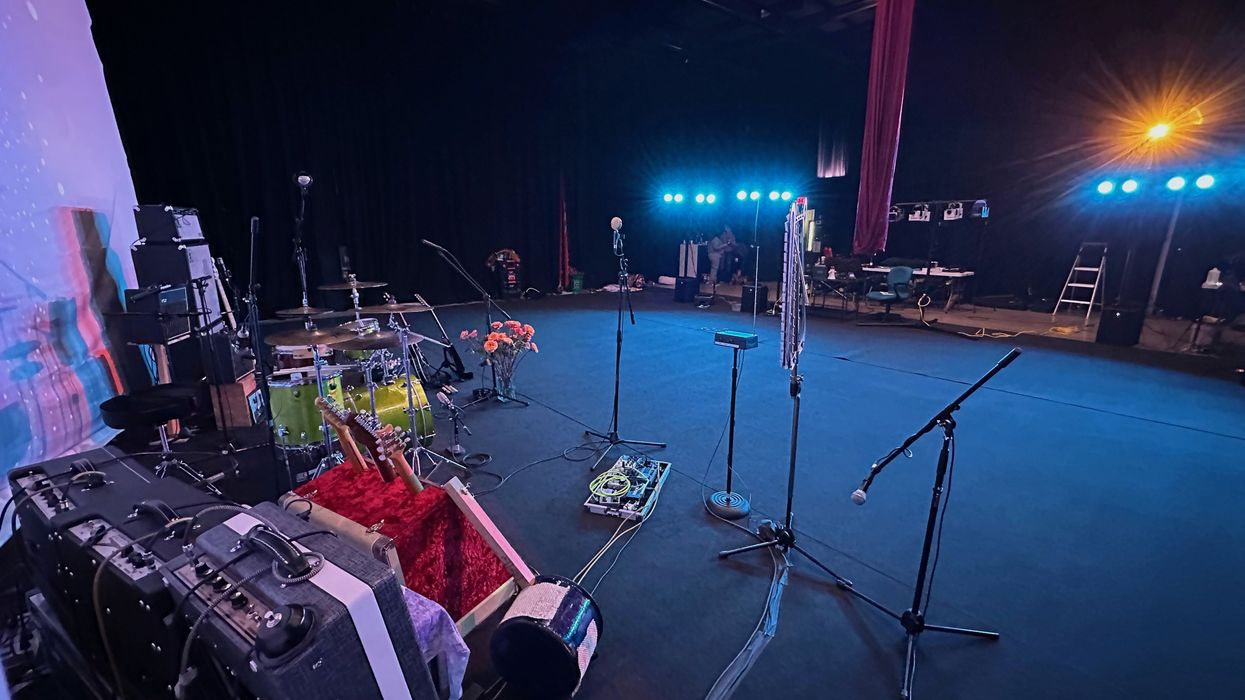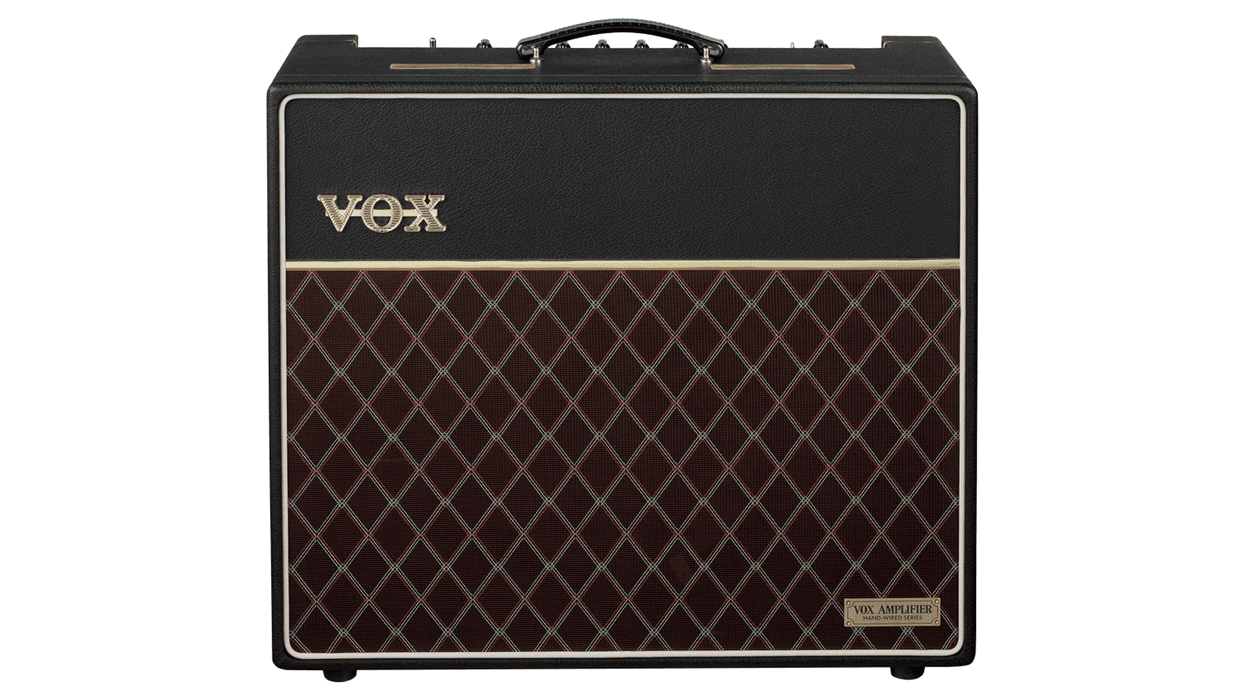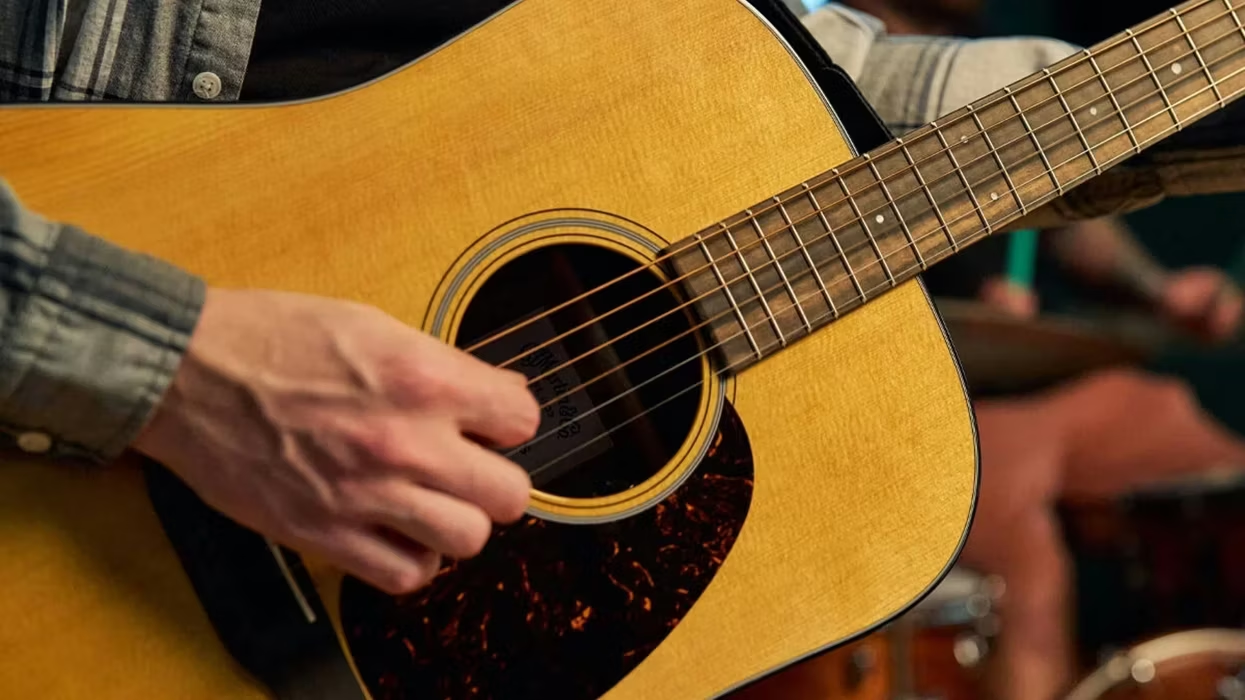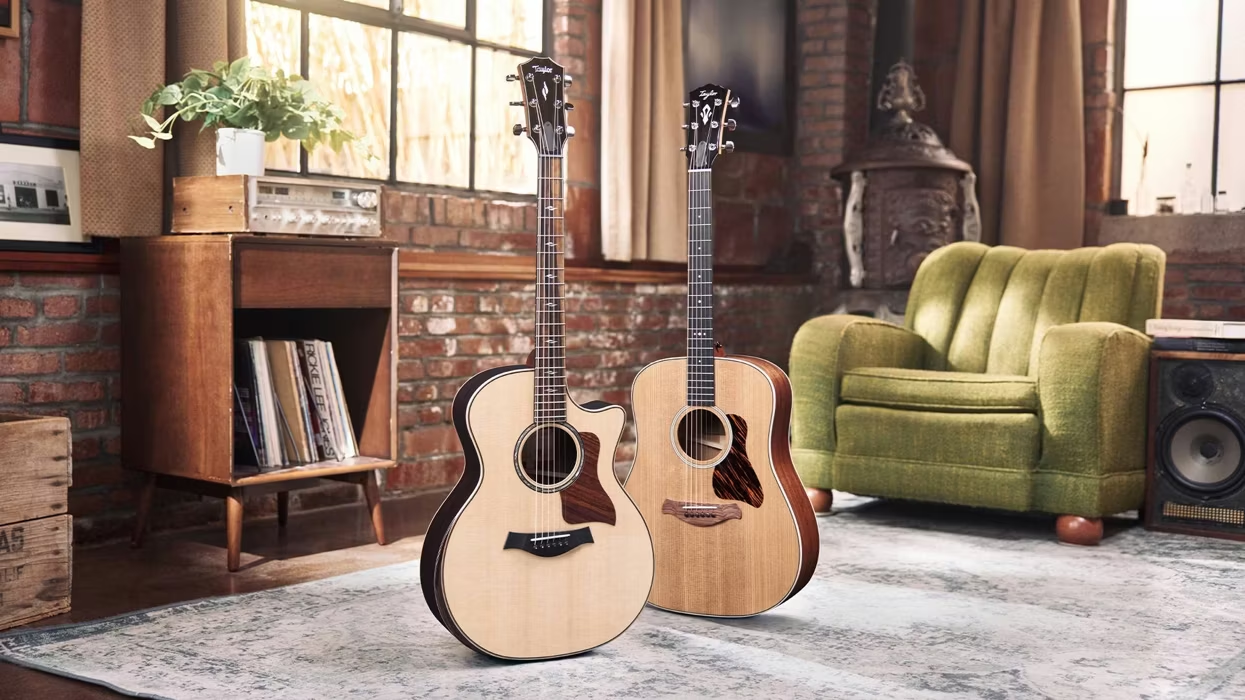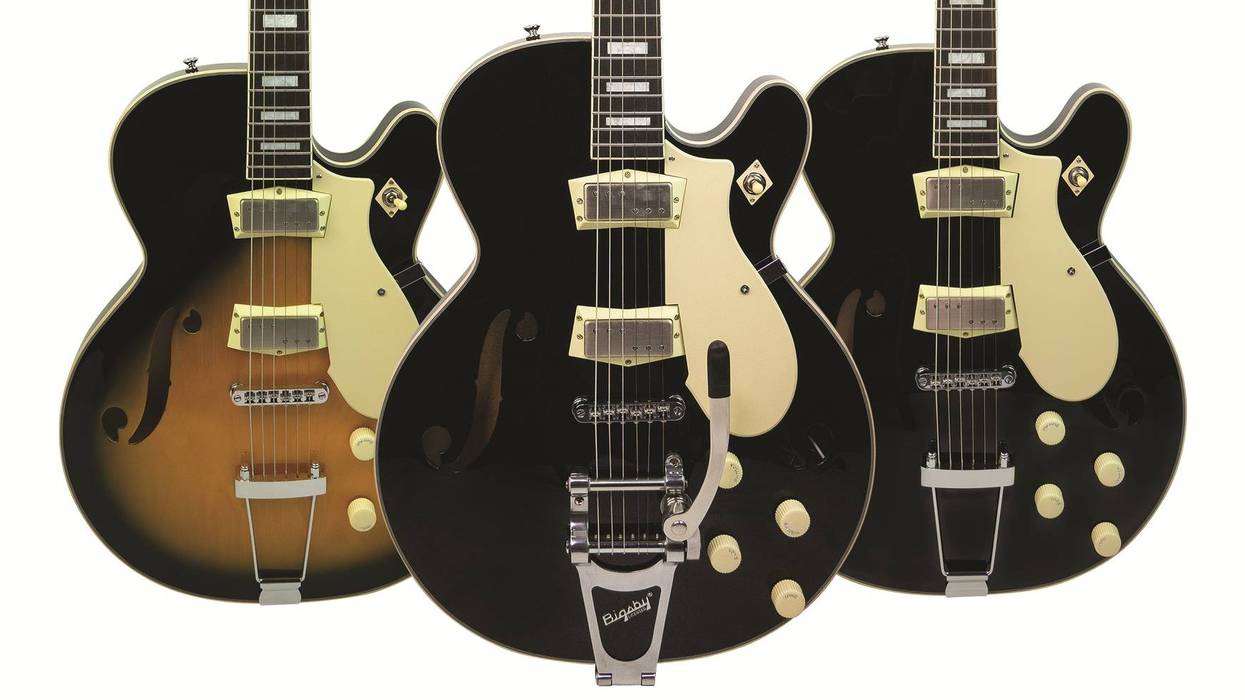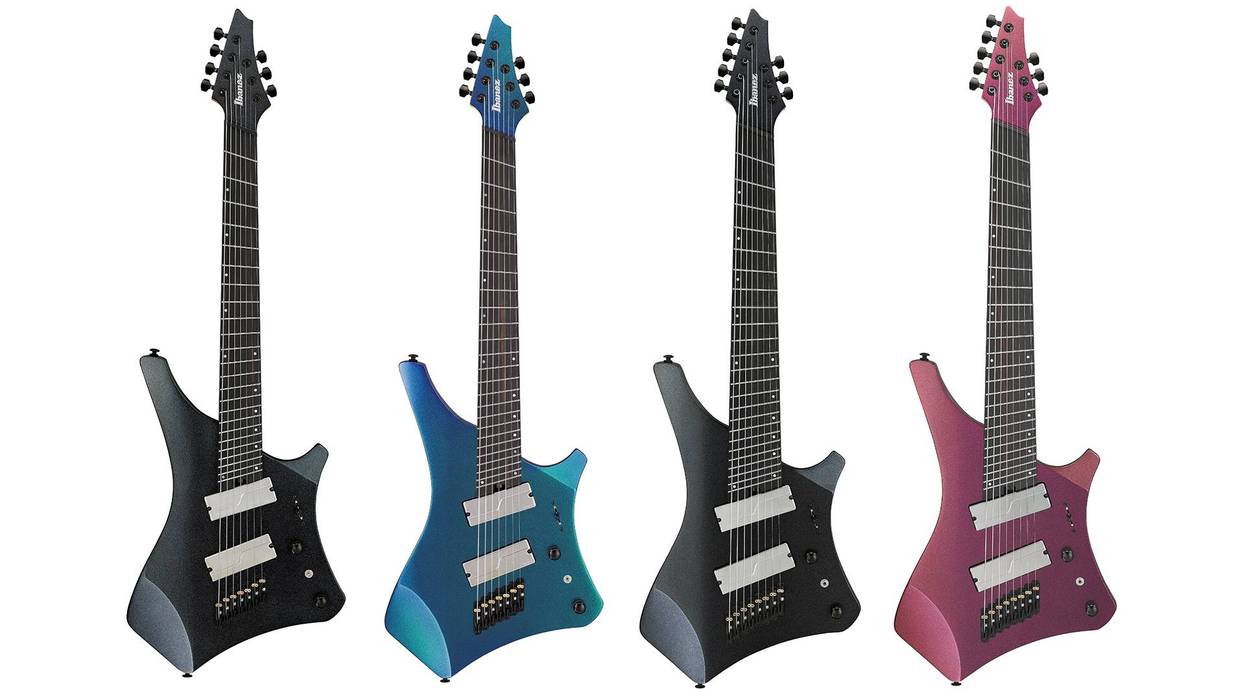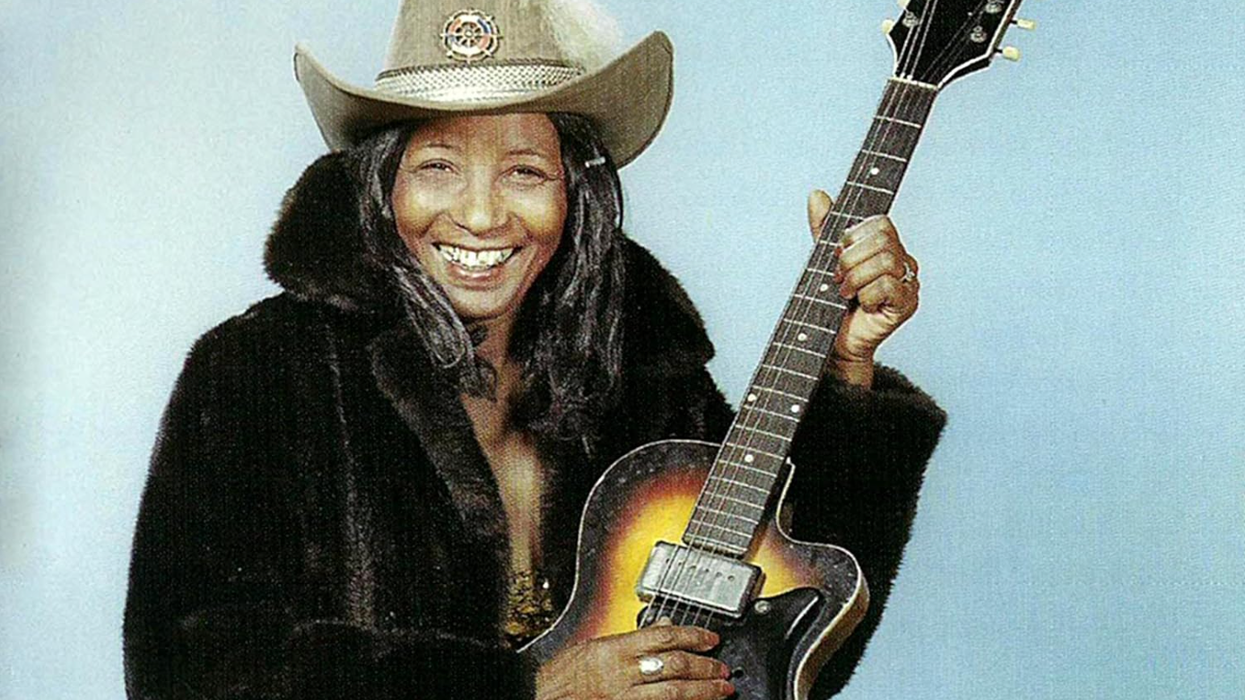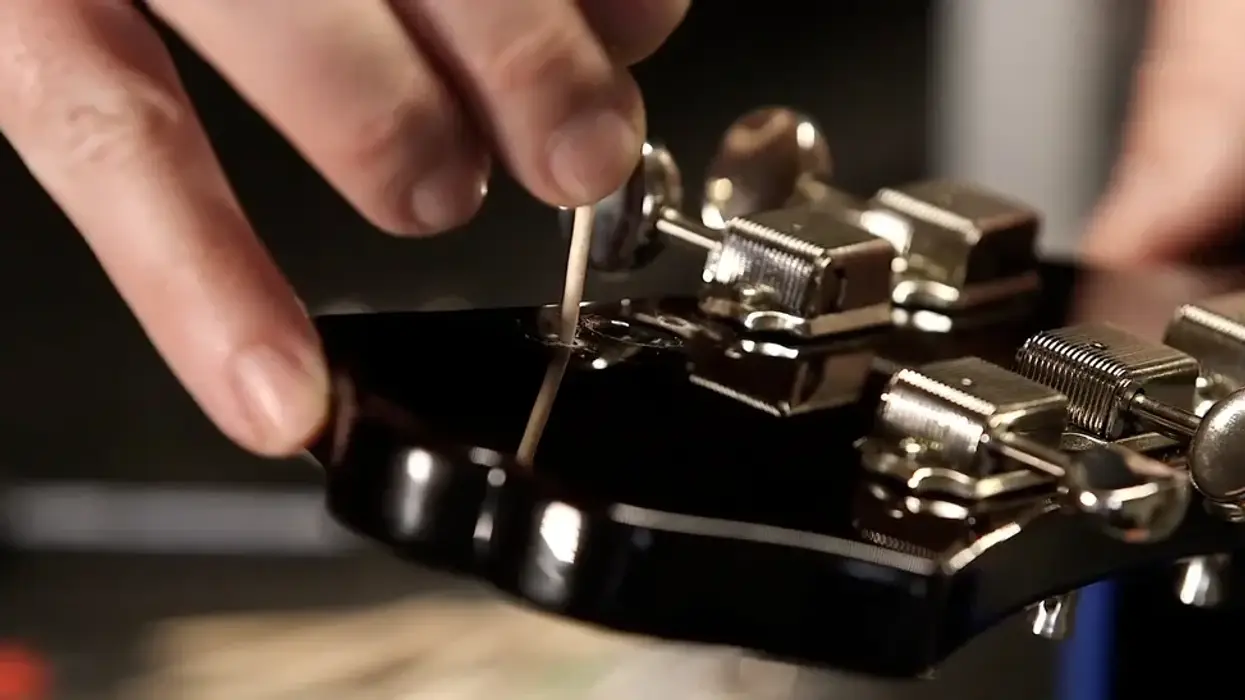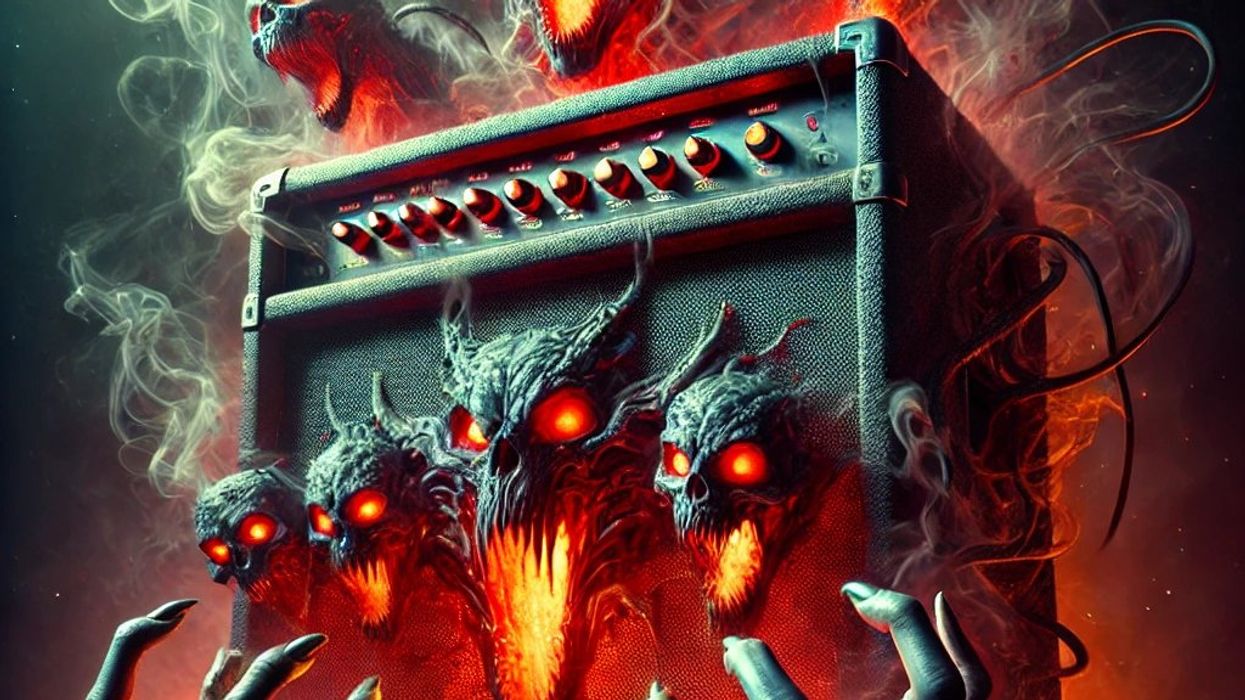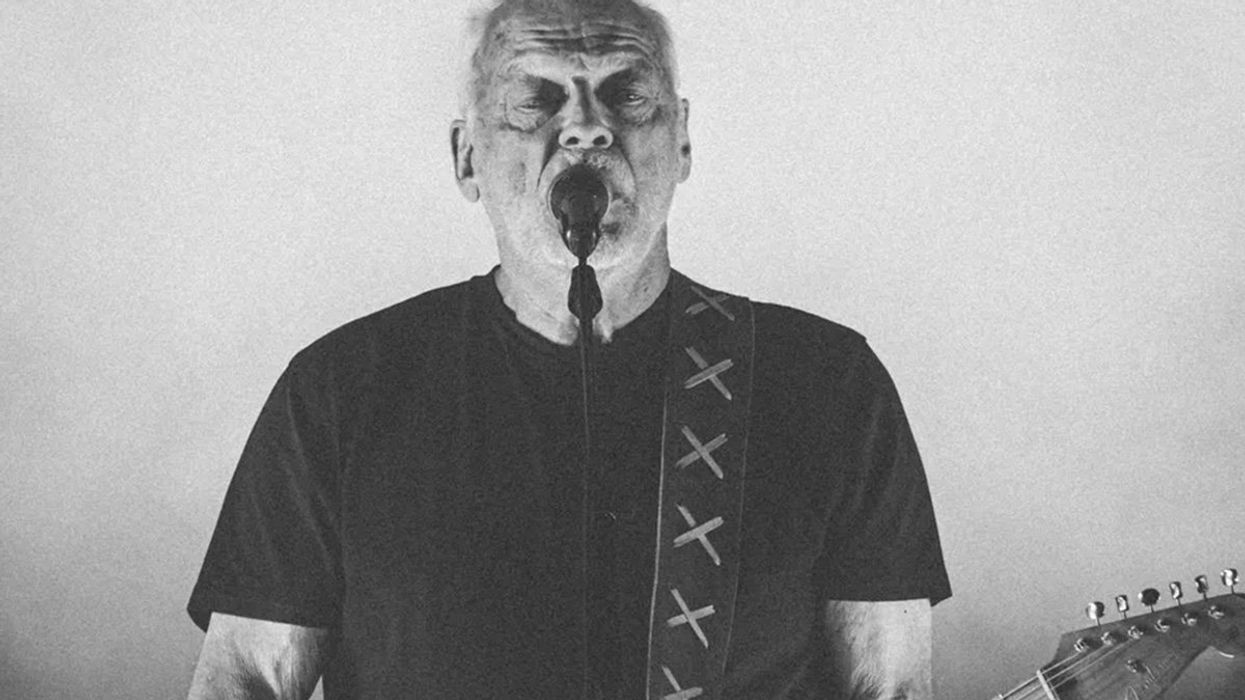As I write this, we’re a few weeks away from the election, and I’m feeling as nervous as a cat in a dog park. No matter how you’re voting, there’s a good chance you feel the same way. These are complex times.
But we have a source of respite that many do not: We play guitar. Lately, I’ve made it a point to carve out an hour or so nightly to play through some of my band’s current repertoire to keep the dust off between shows and to explore some fresh sonic options to work into songs. The practice is paying off musically, but that’s not the biggest benefit. I’ve noticed, after I shut down my amps and pedalboard, and put my guitars back on their stands, that I feel better. About everything. For that hour or so, I am simply lost in the joys and mysteries of playing guitar. Things start to reveal themselves, new ideas tumble out of my fingers, and suddenly I’m in a place where anxiety can’t get to me and my mind is largely clear. It’s a safe zone where I’m not judging myself or others, and I’m relaxed and present. It’s a place where polling numbers and attack ads, family members with difficulties, and other concerns don’t even exist. And while it may be temporary, it is also beautiful.
I’m certain many of us have the same experience when we’re playing at home or onstage. And if you’re reading this while voices in your head are nattering with worry, I suggest you immediately go plug a guitar—the one that plays like melted butter—into your favorite amp and play a little melody, or your favorite set of chord changes, or even a nice campfire chord. I’d be surprised if you don’t soon feel the sensation of tension trickling out of your spine.
This is the great gift of guitar playing and music in general: Its ability to transport us to another place—that zone of safety and delight. Under the weight of the world, it is often possible to temporarily forget guitar playing’s curative power, or be distracted from it, and that is why I am reminding you.
"This is the great gift of guitar playing and music in general: Its ability to transport us to another place—that zone of safety and delight."
For me, and I’m sure this is not just my experience, music has always been a refuge—a special thing that makes my heart fill with peace, joy, and wonder. I recall watching Johnny Cash on TV as a child, listening to his spoken stories and the tales in his songs, and feeling like I was being swept through time and space, to places and eras full of exciting people and things. It stretched my imagination and worldview, and made it seem that life’s possibilities were endless. I still cherish that feeling, and listening to, for a couple examples, Tom Waits, Pink Floyd, Merle Haggard, Lucinda Williams, Son House, Kevin Gordon, Coltrane, and the Messthetics, still delivers it. And the next step, playing music and writing songs, makes me feel like an occupant of a small corner of their universe, and that’s a place I cherish.
I’ll mention safety again, and pardon me if this gets too personal. Many of us, after surviving the pandemic and the last decade of turmoil, do not feel safe. Having grown up in a household with a physically and verbally abusive father, where a blow could come at any time without reason or warning, that’s long been an issue for me. And when the news of the latest mass shooting, for example, is fresh in my brain, I tend to map out places to hide or flee when I’m at a concert or a mall or a large public gathering. Maybe that’s just my problem, but my gut—and what I hear from others—tells me it’s not.
Oddly, one of the places I can feel safest and happiest is onstage, whether performing solo or with my band, when everything is flowing and the music is in my veins. And that’s the magic of guitar and music again. It’s given me a place to be in the world that I love and that makes me feel complete. If you get that feeling from playing and listening to music, don’t let anything get in its way. Sometimes, in these times, that can be challenging, but the first step to your personal oasis is simple: just pick up that special guitar and plug in.


